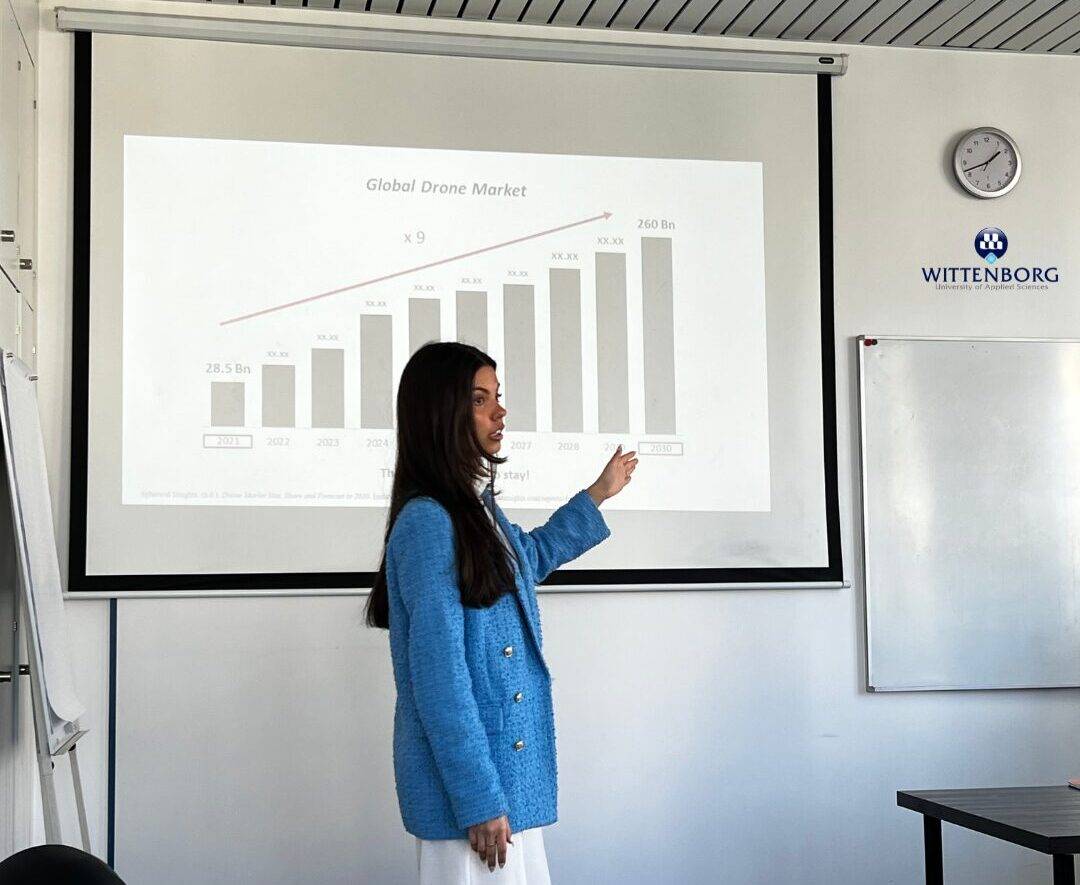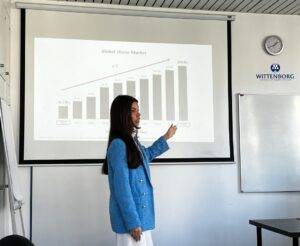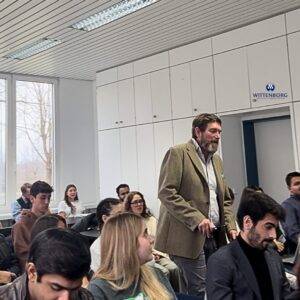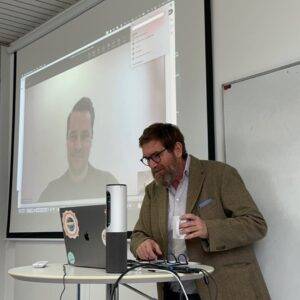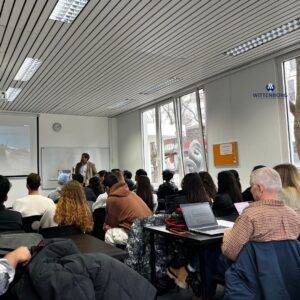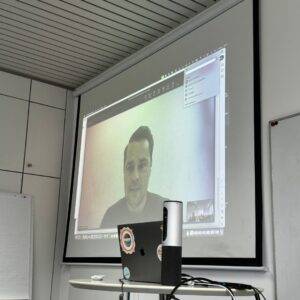
Update from the Chancellor: We have all been dragged through museums!
27. March 2024
Project Week: Business Case Study – Confectionery Industry
7. May 2024Context
“DONT BE THE LAST PERSON USING DVDS IN AN ONLINE STREAMING WORLD”
The future is right around the corner, and companies need to keep up or they will not survive. According to a study done by McKinsey & Company in 2020, the average lifespan of companies has decreased to under 20 years. The reason? Companies are reluctant to be flexible to change.
One of the trends at the moment is drone technology, which has revolutionized various industries by providing unique perspectives and data unattainable through traditional methods. In the travel industry, drone videography offers an innovative approach to destination marketing, captivating potential tourists with breath-taking aerial views of landscapes and landmarks. Meanwhile, in agriculture, drones play a crucial role in precision farming, from crop monitoring to pest management, enhancing productivity and sustainability.
The company that we featured during this project week was FairFleet is a full-service provider for drone services, offering solutions from consultation and planning to execution and data processing. FairFleet saw the potential from the drone industry and now is leveraging from it. They specialize in aerial photography, 360° panoramas, and drone videos, enhancing real estate marketing and inspection efficiencies. Their services extend to various industries, including residential and commercial real estate, infrastructure inspection, and photovoltaic system analysis, with a focus on providing value through detailed, high-resolution images and data. FairFleet ensures legal compliance, professional pilot certification, and secure data handling, emphasizing customer satisfaction with a guarantee for service quality. For more detailed information, visit their website at FairFleet.
FairFleet recognizes the untapped potential in these sectors and seeks to understand how its services can be tailored to meet the specific needs of these industries, thus driving growth and expanding its market reach.
Additionally, as a fun fact, two of the three founders of Fairfleet were our students, part of our alumni. Our current students had the opportunity to video call one of them, Alexander Engelfried, and ask him about his experience when founding his own business.
Purpose of the project
In addition to fostering a deep and practical understanding of the agricultural and travel industries, the purpose of this assignment is to explore the transformative impact of emerging technologies, such as drone services, on traditional business models. By examining the case of FairFleet, students are encouraged to analyse how innovative solutions can disrupt conventional practices and create new opportunities for growth and efficiency. This assignment aims to cultivate critical thinking skills by challenging students to assess the potential applications of drone technology across diverse sectors and envision its future trajectory.
The ultimate goal is to equip students with the knowledge and insights needed to navigate an increasingly dynamic and competitive business landscape, where adaptability and forward-thinking are essential for survival and success.
Evaluation Process
1. Depth and Quality of Research
2. Critical Analysis and Insight
3. Clarity and Structure
4. Application of Theoretical Concepts
5. Originality and Creativity
6. Pitch Presentation
7. Presentation
The Academic Challenge – Optimizing Drone Technology for Sustainable Development
Authors: Domenica Delgado, Sascha Liebhardt

